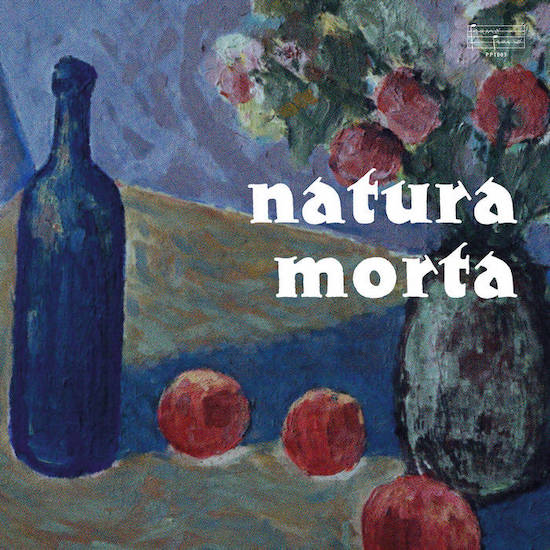At first the whole notion of library music can seem horribly unpromising, composers for hire creating music for strictly utilitarian purposes. But the reality was that huge creativity and innovation were often at play. For the curious this repository is pure buried treasure, ripe for reappraisal and mining for samples. But there’s more to it than simply providing crate-digger finds for jaded hipsters. By it’s very nature, much library music risks being lost as time passes, partly due to its perceived ephemerality or, more cruelly, disposability. So what better way to mark it’s pleasures than to use it to inspire new music.
The pseudonymous Sven Wunder stirred interest with his 2019 Eastern Flowers album where he applied Turkish influences to music spanning jazz, psychedelia, and folk, before moving into Eastern and Southern Asian sounds on last year’s Wabi Sabi. On third album, Natura Morta, his journey continues via a sojourn into the soundworld of European library music.
One listen to opener ‘En Plein Air’ may be enough to persuade many doubters: the interplay between jazz and classical elements is immediately seductive, creating a lush and deep soundscape. But next we have ‘Impasto’: an almost funky bass intro is a pleasant surprise as are the hints of 70s jazz-funk co-existing happily with a string arrangement that should be soundtracking a vista of sun-dappled Italian lakes. Then into the rapid drive of ‘Prussian Blue’ and surf tone guitar rubbing up against woodwind with a backdrop of almost furious drumming and percussion. It’s pretty thrilling and gives the lie to those who are tempted to say this is music to hear rather than listen to.
It’s quickly apparent Sven Wunder has created a record drenched in colour and luxuriously rich in melody, beautifully played, arranged, and recorded. In fact when Natura Morta draws to a close, with a reprise of the title cut, it feels all too soon. But such seeming brevity ties us back to the title and its implied aim of highlighting the fleeting nature of a life.
Natura Morta provides a brief refuge from endless distraction, where time is allowed to slow. Away from talk of nostalgia maybe this is where the sounds of library music really come into their own. Perhaps it’s not escapism as such, but at least some kind of respite – both from the expected and from the howl of the modern world.


